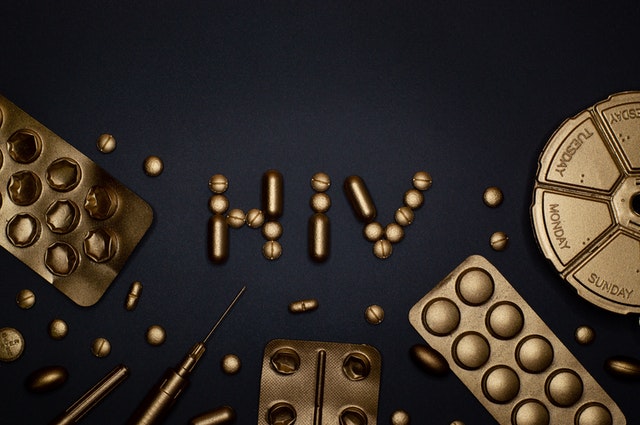
Coinposters
Researchers Study if Token rewards can help Africa’s HIV Patients

For 5 years researchers will be studying whether incentives from crypto tokens can assist Africa’s HIV/AIDS patients with improvements to their health. Immunify.Life and MMUST (Masinde Muliro University of Science and Technology shared on the 1st of November 2021 that they had obtained a go-ahead from an ethics committee and national commission to commence the study.
These two organizations will coordinate their work in a 5-year stretch. They will focus on studying HIV/AIDS beginning this December 2021. The study will begin from the Kakamega County region in Kenya. Thereafter, the study will continue to the rest of Kenya.
How will the study be conducted?
The Kenya-based university, MMUST, will depend on Immunify.Life for a number of key components of the study. One major one is that of the blockchain technology that Immunify.Life can offer them. The technology will aggregate patient data and then analyze it. Immunify.Life solutions will then assess if these patients have improved treatment outcomes. Patients involved in the study will be asked to maintain good health care related conduct. Patients will be prompted with the possibility of rewards. The hope is that the rewards will spur on health-positive behaviors. Project sponsors identified these behaviors. The project’s sponsors include some nongovernmental organizations and government institutions.
Incentive possibilities
Guy Newing, the top executive at Immunify.Life told CoinTelegraph that the program that they will be testing will grant tokens to users to encourage those users to make each clinical appointment. Immunify.Life will also grant doctors and other health workers tokens. These tokens will be native ERC-220 IMM tokens. The possibilities for incentives include offering tokens to patients that have completed their prescribed dosage for treatment of infections like Tuberculosis. Patients consistent with attending check-ups, may be given rewards.
What rewards will health care workers get?
The study will reward doctors and other health care officers for exemplary behavior. Such behavior they could reward could be when health workers do a great job of recording patient data, keeping enough tests ordered for Tuberculosis, or finishing a given medical education program.
The study will ascribe participants NFT (nonfungible token) health ID. This token will keep that individual patient’s medical data. Such data include vaccinations records. The project will record data on the nonfungible token and then on to a digital registry for remote supervision. Copying the data to a remote digital registry also allows the data access to medical professionals tasked with supporting a given patient.
The Mechanics of the Study
A total of 600 people living with HIV/AIDS will participate. The study will reward half of the 600 participants. The other 50% of the 600 patients will be controls. The study will monitor participants for half a year. Another aspect that the study will track beyond the reward aspect is that of the paperlessness of the project. The Study will try to see how effective a paperless healthcare tracking system functions in a low socio-economic area.
About Kenya and the AIDS Pandemic
At present, Kenya has about 1.5 million living with HIV/AIDS. That is based on a 2020 UNAIDS report. Of these 1.5 million people, 70% receive treatment. However, currently, there are challenges in tracking and managing patient data. It also occurs that numerous individuals with HIV/AIDS can not complete treatment. In some locations, this can be up to 40% of patients.
Latest
Blockchain
09 May 2024
Blockchain
19 Apr 2024
Blockchain
16 Jan 2024
Blockchain
31 Aug 2023
Blockchain
24 Jun 2023
Blockchain
24 Jun 2023













